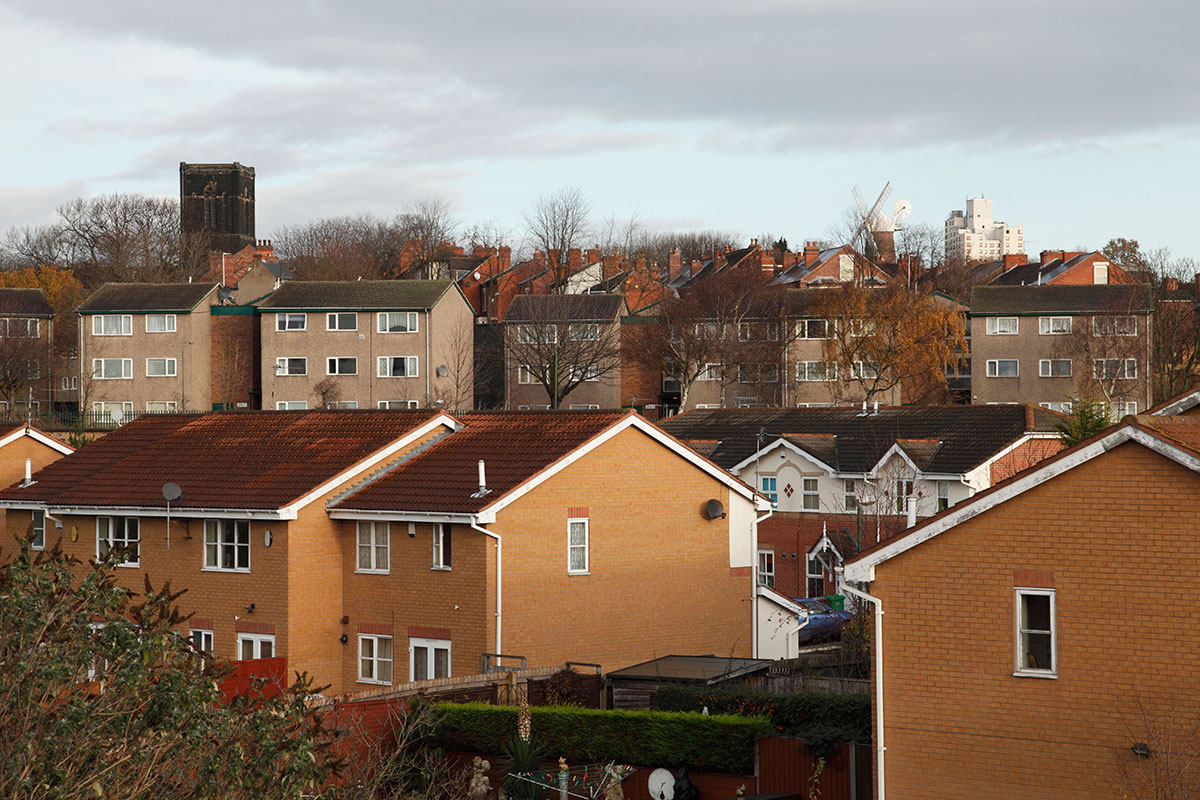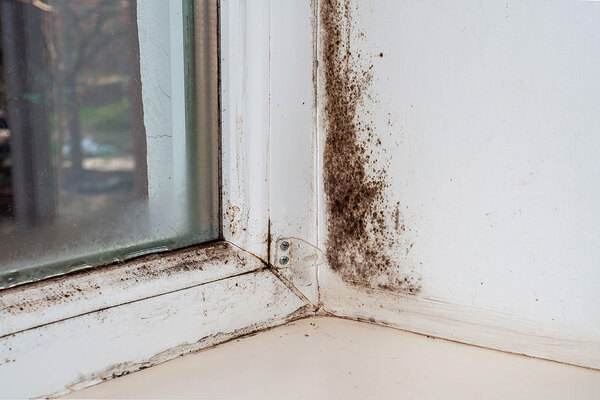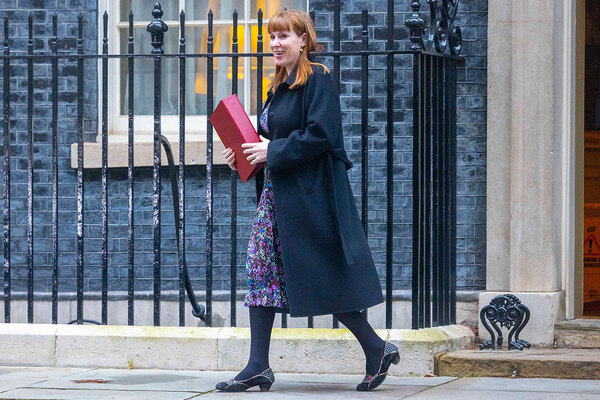Inquiry to probe finances of social housing sector ‘in crisis’
The Levelling Up, Housing and Communities (LUHC) Committee has launched an inquiry into the financial sustainability of social housing in England.
Under examination will be the “increasingly complex financial and corporate structures proliferating in the social housing sector”, and the current availability of grant funding.
Launching the inquiry, the chair for the cross-party committee of MPs said the sector was “in crisis” as it faces significant financial pressures including the “urgent need to invest in improving homes”.
The announcement follows an earlier report by the same committee, published in July last year, which argued that private investment in the sector had led to “regrettable consequences”.
The report also concluded that an unacceptable number of homes were affected by the worst issues of damp and mould, and urged the government to support the sector to reduce its reliance on outdated stock through targeted funding.
The new inquiry will examine the financial pressures facing social landlords and the resources needed to meet a variety of challenges – including “the need to build thousands of new homes for social rent and the task of improving social housing stock”.
Evidence sessions are expected to begin in June, with the committee also welcoming written submissions until a closing date of 12 May. The terms of reference span three key areas: the current state of financial resilience of social housing providers; “new challenges” to the sector, including maintaining and improving existing stock; and the policy and regulatory challenges to government and the Regulator of Social Housing.
Commenting on the inquiry launch, Clive Betts, committee chair and Labour MP for Sheffield South East, said: “The social housing sector is in crisis. The reality is that social landlords face a range of significant financial pressures, not least the urgent need to invest in improving homes, so they are not blighted by mould, damp and leaks. The sector must also meet the pressing demands to build thousands of new homes for social rent, decarbonise the housing stock and fix building safety defects.
“In the committee’s inquiry, we want to understand the extent of these demands, the impact on the financial resilience of the social housing sector, and the support and resources needed to meet these challenges and ensure we have the supply of good-quality social homes we need for the future.”
The committee’s report in July concluded that the level of disrepair in some parts of the sector could “undoubtedly be attributed partly to the age and design of the housing stock, some of which was never built to last”. It urged the government to support the sector to reduce its reliance on outdated stock through targeted funding that is not contingent on additionality.
“[We] recommend that the government introduce funding specifically for regeneration that does not require the delivery of net additional housing and deliver on its commitment to increase the supply of homes for social rent. We also recommend that it amend the Affordable Homes Programme to remove the requirement to deliver net additional housing,” the report said.
In reference to the sector’s financial model, the report described this as being “clearly dependent on high levels of private investment”, something it will “continue to be” as it invests in existing homes and the development of new ones.
“In many respects, this has had regrettable consequences,” the report said, adding: “The interests of private investors, particularly regarding their return on investments, must not outweigh the welfare of tenants.”
Alongside its examination of the financial balance of the sector, the LUHC Committee’s new inquiry will explore social housing policy and regulation. This will include challenges faced by the Department for Levelling Up, Housing and Communities, the Regulator of Social Housing and Homes England.
RELATED







